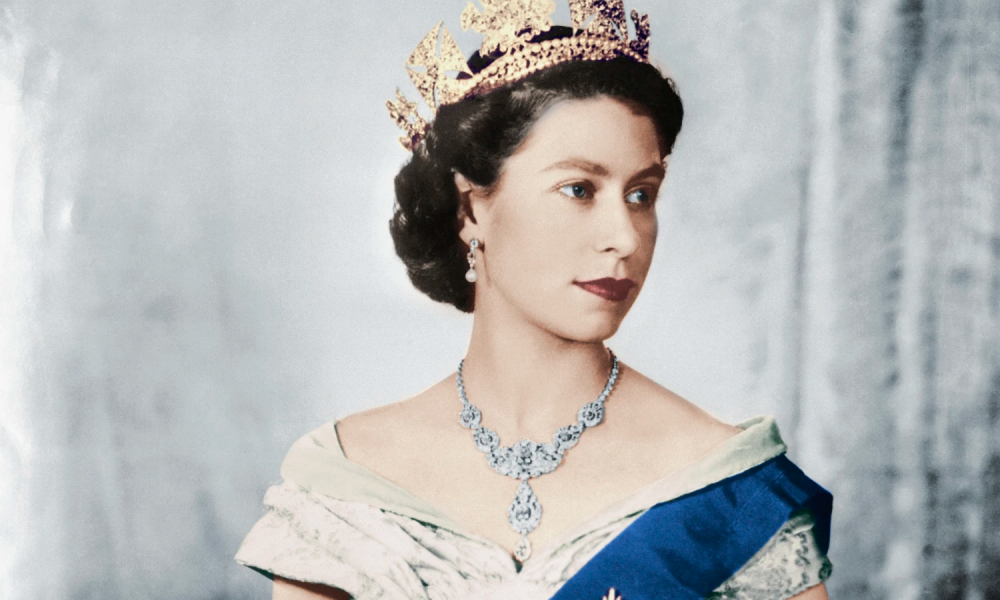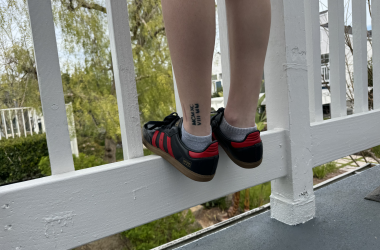After 70 years of reign, on Sept. 8, Queen Elizabeth II died at age 96 in Balmoral Castle. As in line with Operation London Bridge, the United Kingdom has entered a 10-day period of mourning.
Over the course of these 10 days, Western media will be littered with royal testimonials and pre-produced documentaries, most of which will take an approach more akin to an innocent civilian’s obituary than an unbiased perspective on the reign of her Majesty Queen Elizabeth II.
The heavy bias of Western media paired with the often quiet voices of those who endured the brunt of her empire’s rule has led to a widespread whitewashing of Queen Elizabeth II, the last vestige of Britain’s colonial past.
When Queen Elizabeth II ascended to the throne in February of 1952, she became the figurehead of a brutal empire in decline. The age of imperialism was coming to an end and the new Queen was left with a precarious time-sensitive decision. Would she advocate and uphold the values of peaceful decolonization, or compel her empire to fight for their stolen lands?

That answer came months after her reign began. In October 1952, the then British colony of Kenya experienced an uprising. In a desperate attempt to maintain control of their crumbling empire, the British authorities suspended civil liberties and forced an estimated 160,000 Kenyans into concentration camps. Here, thousands of freedom fighters were tortured and killed. The actions taken by British authorities, who the Queen symbolically represented, successfully delayed the decolonization of Kenya for another decade.
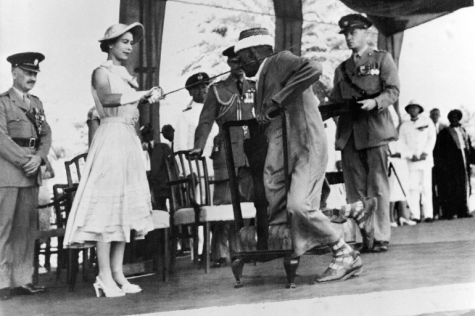
In 1954, Queen Elizabeth II visited the British colony of Aden, a port city located in what is now present day southern Yemen.
At the time of her visit, the natives of the city had been pushed to the outskirts of the territory to make room for the British occupying the land. The city harbored one of the largest ports in the world, and as such was an immeasurably valuable asset to the British Empire.
A decade after her visit, freedom fighters in the region killed several British nationals and diplomats in a terrorist attack. In response to the violence, rather than expediting decolonization, Queen Elizabeth II approved the suspension of the Aden Protectorate’s constitution, bringing the entire region under the control of British authorities.
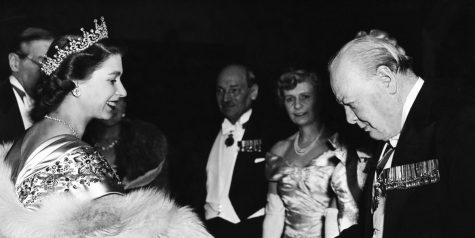
Royalists will argue that depicting Queen Elizabeth II as a political figure who can exert influence over the British authorities is unrealistic. However, the Queen holds enormous legislative sway in both an official and unofficial capacity, having given consent to over 1,000 laws proposed by the British Parliament since the beginning of her reign.
Her exact impact on these laws is unknown due to the secretive nature of the process. Although, it has been confirmed that Queen Elizabeth II used her powers to ban ethnic minorities from holding official roles at Buckingham Palace.
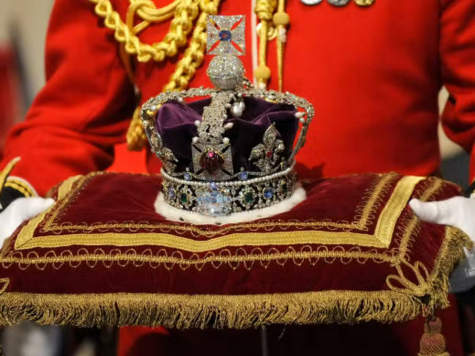
During her 70 years of reign, Queen Elizabeth II rarely acknowledged the crimes committed by herself or the institution she embodied. Despite countless requests for reparations and the return of stolen artifacts, the Queen stood by silently.
Many have chosen to mourn the 96-year-old symbol of British colonialism. I will instead mourn her empire’s victims, some of whom will never have their stories reach the light of day.

